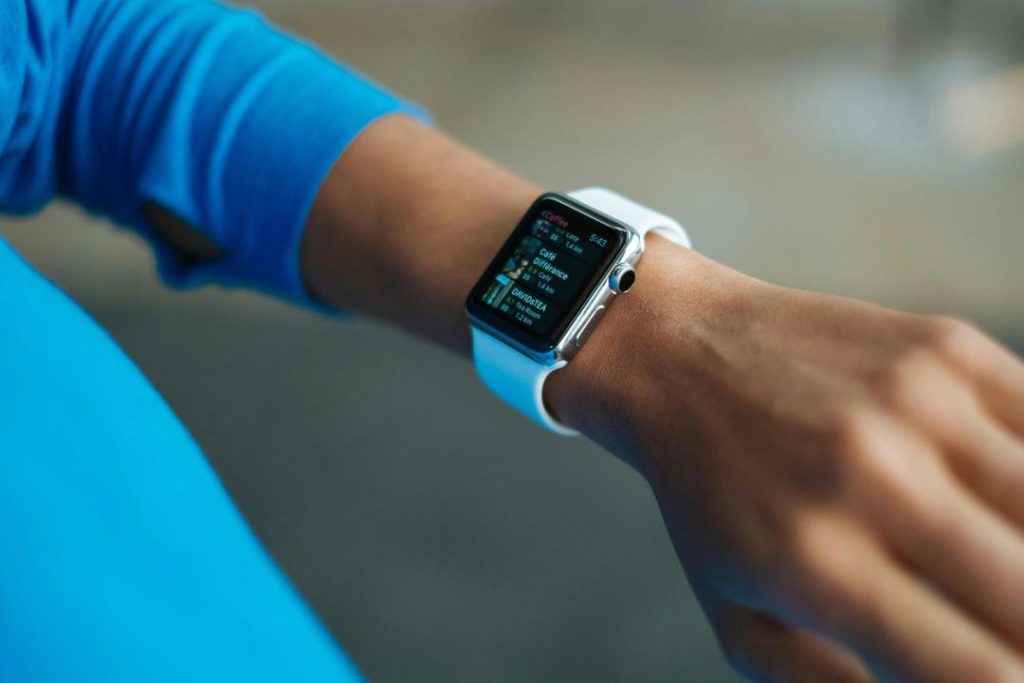
Smartwatches can detect heart injury: Study
The use of smartwatches has become increasingly popular over the past decade, with many people using these wearable devices to track their daily activities, monitor their fitness, and even receive notifications from their smartphones. However, recent research has shown that smartwatches may also have the potential to detect serious health issues, including heart problems.
A new case study published in The New England Journal of Medicine highlights the capabilities of smartwatches in detecting heart conditions. The study follows the story of a 76-year-old woman who used a smartwatch to detect takotsubo cardiomyopathy, a heart condition often linked to stress.
Takotsubo cardiomyopathy, also known as broken heart syndrome, is a condition in which the heart muscle is temporarily weakened, causing symptoms similar to those of a heart attack. The condition is often triggered by sudden stress or emotional shock, and can be life-threatening if left untreated.
In the case study, the 76-year-old woman was experiencing symptoms of chest pain and shortness of breath, which she initially attributed to a cold or flu. However, after wearing her smartwatch for several days, she noticed that the device’s electrocardiogram (ECG) was flagging changes in her heart rhythm. The ECG, which is a non-invasive test that measures the electrical activity of the heart, detected abnormal heartbeats and changes in the heart’s rhythm.
Armed with this information, the woman sought medical attention, where she was diagnosed with takotsubo cardiomyopathy. Treatment included stress management and medication to reduce the symptoms, and the woman made a full recovery.
While smartwatches are not intended for diagnosing medical conditions, the study highlights the potential of these devices in detecting early warning signs of heart problems. The study’s authors note that wearables may offer valuable early alerts in real-life settings, allowing individuals to seek medical attention before serious complications arise.
This is not the first time that smartwatches have been used to detect heart problems. In 2018, a study published in the Journal of the American College of Cardiology found that smartwatches could detect atrial fibrillation, a type of irregular heartbeat that can increase the risk of stroke and heart failure.
Other studies have also demonstrated the potential of smartwatches in detecting heart conditions. For example, a study published in the Journal of Cardiovascular Medicine found that smartwatches could detect changes in heart rate and rhythm that may indicate a heart attack or other cardiovascular event.
So, how do smartwatches detect heart problems? The devices use a combination of sensors and algorithms to monitor the user’s heart activity. The sensors, which are typically located on the back of the watch, detect the electrical activity of the heart and send the data to the device’s processor.
The processor then analyzes the data using sophisticated algorithms that are designed to identify abnormal heart rhythms and other signs of heart problems. If the algorithm detects any abnormalities, it alerts the user and sends the data to their smartphone, where it can be reviewed and shared with a healthcare provider.
While smartwatches are not a replacement for regular medical check-ups, they may offer an additional layer of protection for individuals who are at risk of heart problems. For example, individuals with a family history of heart disease or those who have experienced a previous heart attack or stroke may benefit from wearing a smartwatch.
In addition, smartwatches may be particularly useful for individuals who live in remote areas or have limited access to healthcare services. The devices can provide early alerts and monitoring, allowing individuals to seek medical attention before serious complications arise.
In conclusion, the study published in The New England Journal of Medicine highlights the potential of smartwatches in detecting heart problems, including takotsubo cardiomyopathy. While smartwatches are not intended for diagnosing medical conditions, they may offer valuable early alerts and monitoring for individuals who are at risk of heart problems.
As the use of smartwatches becomes increasingly widespread, it is likely that we will see more studies examining the potential of these devices in detecting heart conditions. In the meantime, individuals who are considering purchasing a smartwatch may want to keep in mind the potential health benefits, as well as the potential for early detection and treatment of heart problems.
Source:
https://thepfc.club/blogs/news/how-a-smartwatch-helped-detect-a-heart-problem






